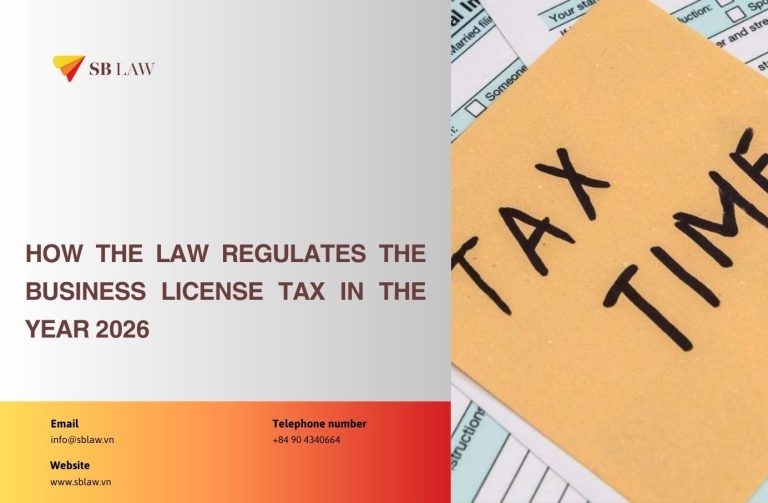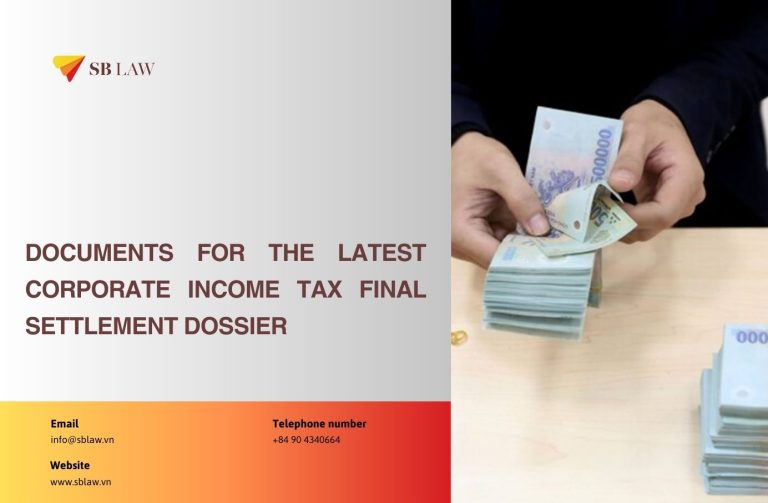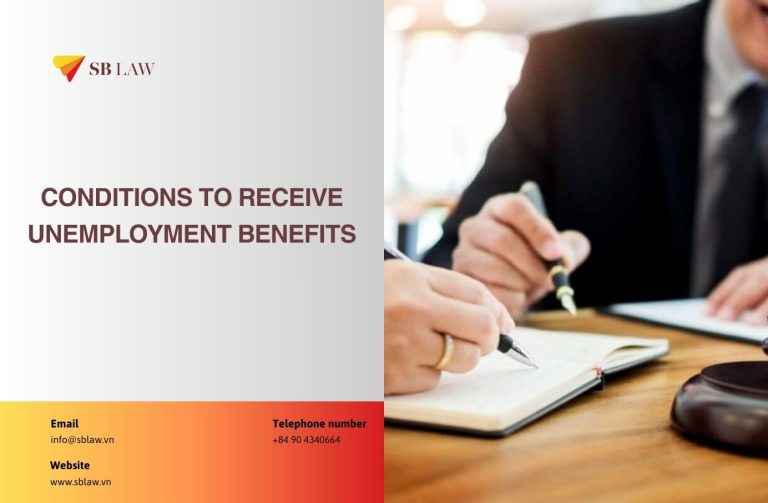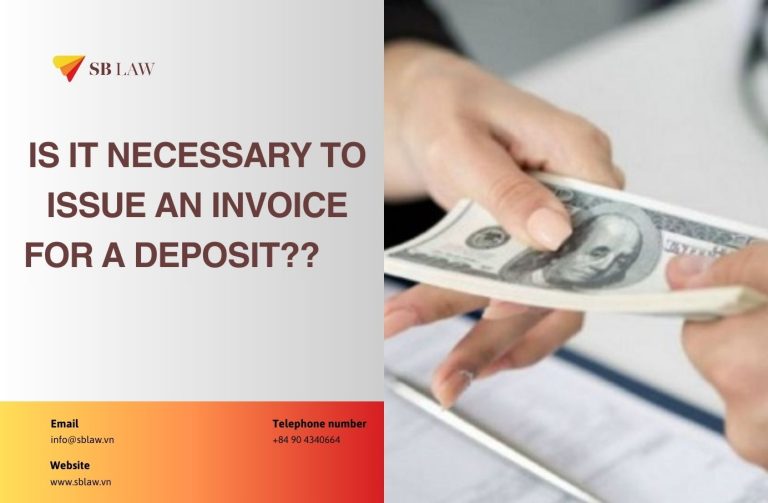In accordance with Point d, Clause 55.3 of Decree No. 31/2021/ND-CP issued by the Government on 26 March 2021, which elaborates on certain articles of the Law on Investment 2020, it is mandated that for investment projects utilizing land, the investor must follow extension procedures within six months prior to the expiration of its duration should they wish to extend their project in Vietnam. However, the current regulatory framework on investment does not specify a timeframe for investors of projects not involving land to apply for an extension of their project term. This poses significant challenges for foreign-invested companies conducting projects such as software development services, tourism ventures, retail operations, among others. Failure to apply for an extension within the specified timeframe may lead to complications as government bodies lack a legal basis to either reject or approve their application.
Navigating Investment Project Extension Challenges in Vietnam
Consequently, many Foreign Direct Investment (FDI) companies find themselves in a predicament when their investment projects reach their expiration date and shareholders or owners opt not to cease business activities in Vietnam. Despite the expiry, some companies continue operations for 2-3 years post-expiration, reluctant to initiate closure procedures due to pending contracts. Ceasing operations would result in significant loss of opportunities.
Furthermore, in case the investment project has expired, uncertainties arise regarding compliance with regulatory requirements. This includes the submission of regular reports on investment activities, extending sub-licenses for business activities (e.g., retailing, leasing), and even accessing the right to acquire housing ownership in Vietnam, as the duration of ownership must not exceed the granted investment project duration.

In light of these challenges, FDI companies must explore alternative solutions to sustain their operations beyond the expiration date of their investment projects. One possible approach is to engage in dialogue with relevant government authorities to seek temporary solutions or extensions on a case-by-case basis, ensuring compliance with legal requirements while safeguarding business interests. Additionally, companies may consider restructuring their operations or seeking legal advice to mitigate risks and address regulatory ambiguities.
Proactive engagement with regulatory authorities is crucial for FDI companies to ensure legal compliance and continuity of business operations in Vietnam. Therefore, the government should actively provide temporary guidance to help provincial competent authorities resolve this obstacle while awaiting further updates to the legal framework. By navigating challenges strategically and collaboratively, FDI companies can mitigate risks and capitalize on opportunities for sustainable growth in the Vietnamese market.
Read more >> Investment




